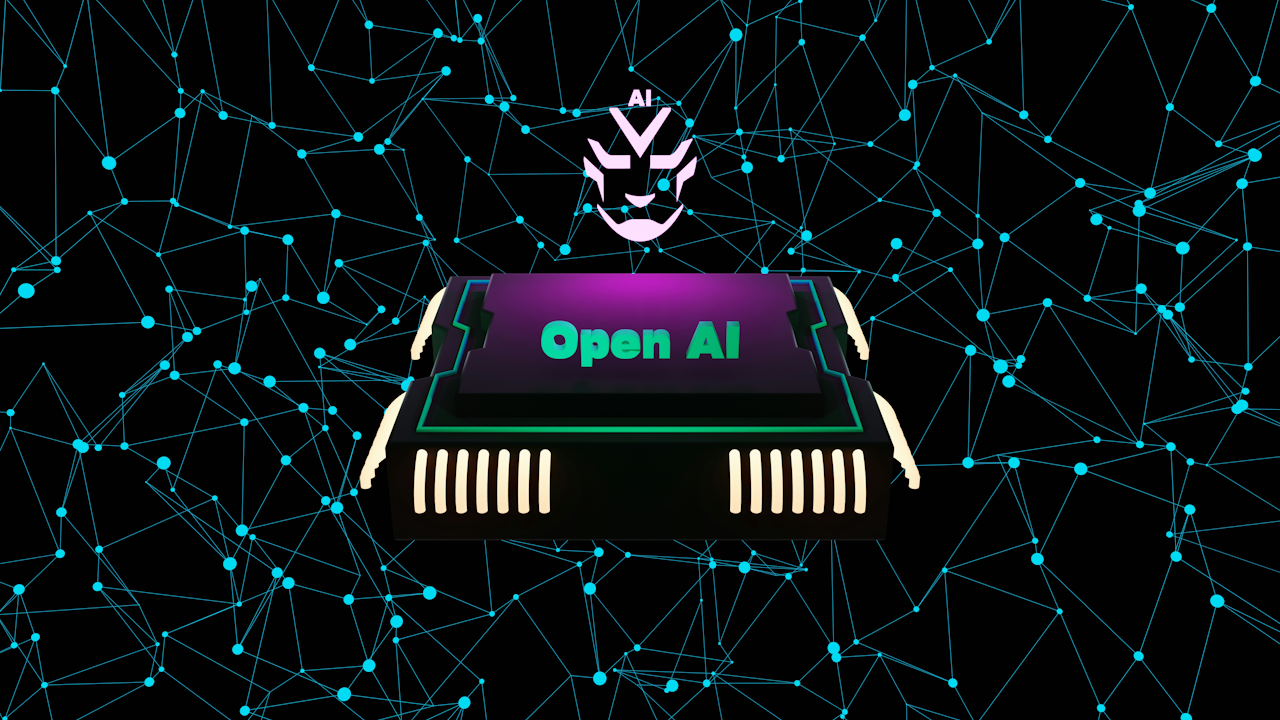The rapid advancement of artificial intelligence has propelled humanity into a new era, one filled with both immense potential and profound ethical dilemmas. As AI systems become increasingly sophisticated, capable of making complex decisions and influencing various aspects of our lives, the question of whether we should be worried becomes ever more pressing. The ethical considerations surrounding AI are not merely abstract philosophical debates; they have tangible implications for our society, our values, and our future.
One of the most significant concerns revolves around algorithmic bias. AI systems are trained on vast datasets, and if these datasets reflect existing societal prejudices, the AI will perpetuate and even amplify those biases. This can lead to discriminatory outcomes in areas such as loan applications, hiring processes, and criminal justice, exacerbating existing inequalities. The potential for AI to reinforce and automate discrimination raises serious questions about fairness and justice.
Furthermore, the increasing autonomy of AI systems raises concerns about accountability. When an AI makes a harmful decision, who is responsible? Is it the programmer, the user, or the AI itself? The lack of clear lines of accountability can create a situation where no one is held responsible for the consequences of AI actions. This ambiguity can erode public trust in AI and hinder its responsible development.
Another critical ethical consideration is the impact of AI on privacy. AI systems often rely on vast amounts of personal data, and the collection and use of this data raise concerns about surveillance and the potential for misuse. The ability of AI to analyze and interpret vast amounts of data can create a situation where individuals’ privacy is constantly under threat. The potential for AI to be used for mass surveillance and manipulation poses a significant challenge to our fundamental rights and freedoms.
The potential for AI to displace human workers is also a source of widespread concern. As AI systems become more capable of performing tasks previously done by humans, there is a risk of widespread job losses and economic disruption. This raises questions about how we can ensure a just and equitable transition to an AI-driven economy. We must consider how to retrain workers, provide social safety nets, and ensure that the benefits of AI are shared broadly.
Beyond these immediate concerns, there are also more profound ethical questions about the nature of intelligence and consciousness. As AI systems become more sophisticated, we may face questions about whether they possess consciousness or moral status. If AI ever achieves a level of intelligence that rivals or surpasses human intelligence, we will need to grapple with the ethical implications of creating and interacting with such beings.
Addressing these ethical challenges requires a multi-faceted approach. It requires collaboration between researchers, policymakers, and the public to develop ethical guidelines and regulations for AI development and deployment. It also requires a commitment to transparency and accountability, ensuring that AI systems are designed and used in a responsible manner. Furthermore, it requires a continued dialogue about the values that we want to embed in AI systems, ensuring that they reflect our shared principles of fairness, justice, and respect for human dignity.
In conclusion, the ethical considerations surrounding AI are complex and far-reaching. While AI has the potential to bring immense benefits to society, it also poses significant risks. We must be vigilant in addressing these risks and ensuring that AI is developed and used in a way that aligns with our ethical values. The future of AI depends on our ability to navigate these ethical challenges responsibly and thoughtfully.


